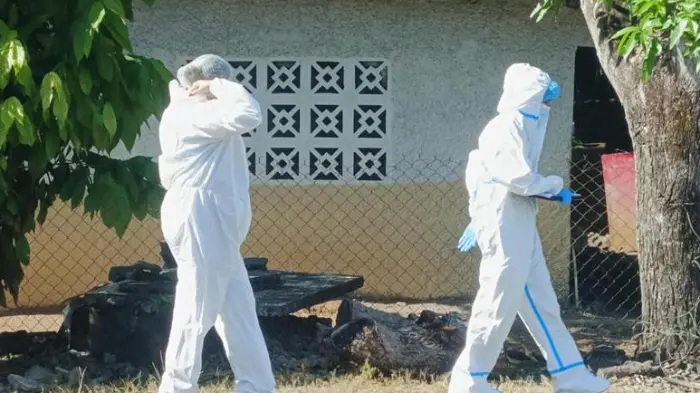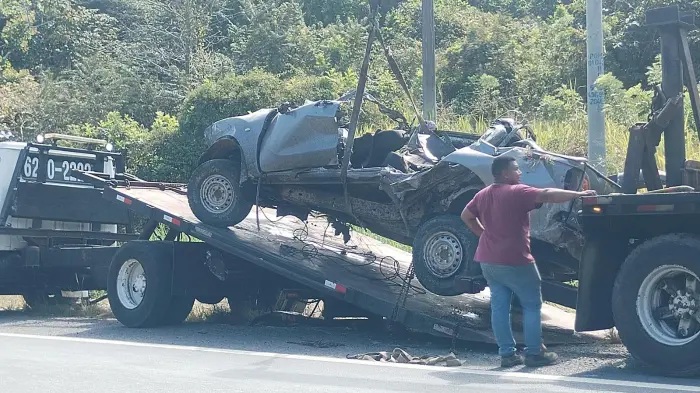90% of Panamanians give thumbs down to Cortizo’s administration

With just five months left in his mandate 90% of citizens rate the management of President Laurentino Cortizo as bad or very bad according to a survey commissioned by La Prensa, to Mercadeo Planificado, and carried out between January 26 and February 2 of this year.
Face-to-face interviews were conducted in the 10 provinces and regions of the country. The margin of error is 2.88%, and the confidence level is 95%.
Cortizo’s administration has been characterized by numerous scandals related to the waste of public funds and possible acts of corruption. Most of these cases are linked to the flagship social programs of his government.
On the list is the digital voucher and the bags with food, which are part of the Solidarity plan managed by the Ministry of the Presidency; the scholarships and financial aid provided by the Institute for the Training and Use of Human Resources (Ifarhu); the funds of the so-called parallel decentralization, as well as the seed capital funds of the Micro, Medium, and Small Enterprise Authority (Ampyme), among others.
Young people
One of the population groups that most reject Cortizo’s administration is young people. For example, 92% of people between 26 and 35 years old said that the president’s management is bad or very bad. 91% of voters between 18 and 25 years old said the same.
One of the promises of Cortizo was to make education the “star” of his Government, but that was not the case. The population of young Panamanians also showed their indignation on social networks after learning that children of deputies, relatives of politicians, and officials with respectable incomes were given non-refundable financial aid from Ifarhu.
The provinces with the highest percentages of rejection of Cortizo’s management were Colón and Panamá Oeste with 97% in each case. In Chiriquí, the rejection is 92%, and in the provinces of Panama, Herrera, and Darién, the rejection was 91% in each of those places.
The discontent in Colón is striking, where there are deputies like Jairo Bolota Salazar, who received millions of dollars as part of the so-called parallel decentralization, in which more than $200 million were distributed to local governments under the control of influential deputies from the ruling Democratic Revolutionary Party (PRD) and its political allies.
On the other hand, Coclé and Veraguas are where the highest percentages are, among those who consider that the current president’s management is good or very good. In the first, 25% affirmed it, and in the second, 28%.
Coclé is where the current vice president and presidential candidate for the alliance m of the PRD and the Nationalist Republican Liberal Movement (Molirena), José Gabriel Carrizo, grew up.





